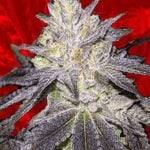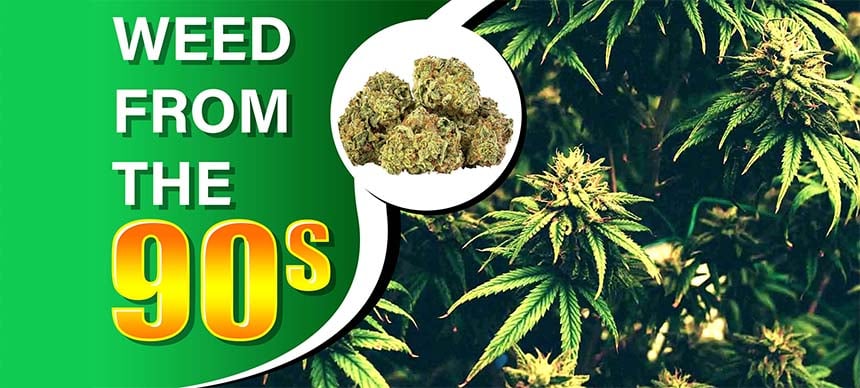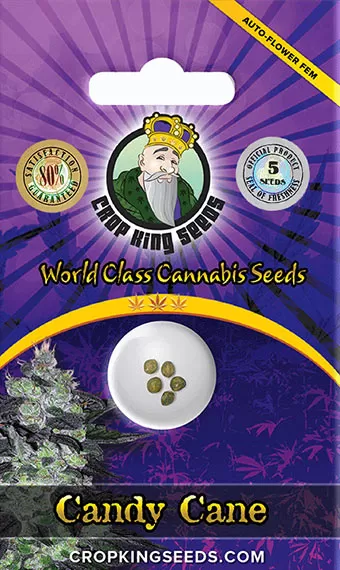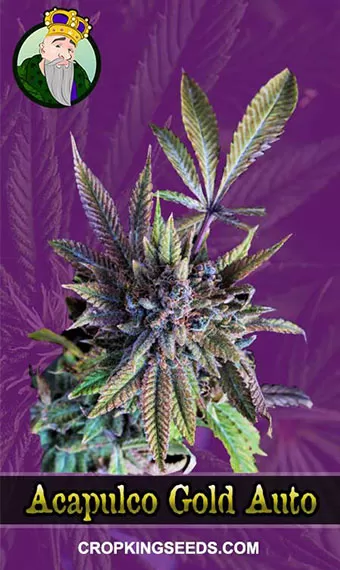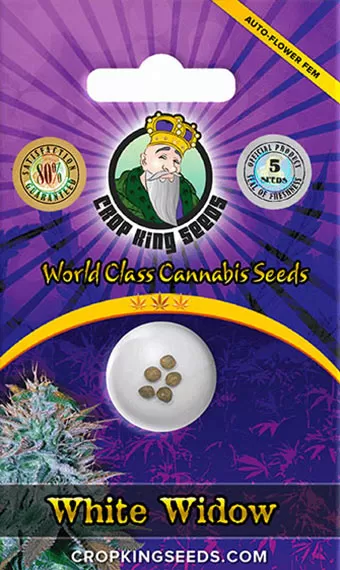The resurgence of weed from the 90s signifies a deep connection to the roots of cannabis culture. The 90s weed era was more than just an essential era; it was a defining period that laid the groundwork for the contemporary cannabis movement. As the attitude of the society towards cannabis had transformed for the next era, the 90’s weed strains cultivated during this time became symbolic of a cultural shift. We explore in detail the forgotten 90s weed strains, understanding their historical significance, what did weed look like in the 90s and examining the reasons behind their impact in the current era.
The 90s Cannabis Scene
The 1990s weed played a key role in shaping the perception of cannabis, surpassing its poor past. A complicated cultural revolution happened, with cannabis not only gaining acceptance but also influencing various aspects of popular culture. Movies, television shows, and music genres like hip-hop and rock were permanently marked by the presence of cannabis, contributing to its mainstream appeal. Within this cultural environment, a select few cannabis strains emerged as iconic symbols of the weed in the 90s era, capturing the essence of a time when cannabis truly became a part of the mainstream.
1. Northern Lights
Northern Lights, a distinguished Indica strain, has a rich history that stretches from its origins in Washington state, USA, to its cultivation in Holland in 1985. Revered for its resinous buds, rapid flowering, and euphoric high, Northern Lights attained global popularity. However, despite its historical significance, this strain appears to have dropped from its fame in recent times. The balanced THC and CBD ratio that characterized Northern Lights makes it a unique specimen, especially in an age dominated by high-potency cannabis. Enthusiasts are affected by its diminished presence, wanting for the return of a strain that once defined the peak of a well-rounded cannabis experience.
2. White Widow
White Widow, an exquisite Indica-Sativa hybrid born in the Netherlands during the 90s, captures the creativity and innovation of the era. The strain’s name, derived from the crystal resin coating its buds, suggests its distinct appearance and effects. White Widow not only carved its uniqueness in the cannabis scene but also played a key role in the creation of other renowned strains such as White Rhino, Blue Widow, and White Russian. Its energizing and creativity-inducing properties have stood the test of time, cementing White Widow’s status as an OG cannabis strain with enduring appeal.
3. Amnesia
Amnesia, a hybrid strain that continues to grace Dutch coffeeshop menus, occupies a legendary status among 90s cannabis varieties. With high THC levels and a robust terpene profile, Amnesia delivers an earthy, herbal taste and aroma. Renowned for its extreme head high, Amnesia remains a favorite despite the evolving cannabis landscape. Fans of the strain attest to its euphoric and uplifting effects, emphasizing its unique contribution to the 90s cannabis legacy. The potency of Amnesia, combined with its ability to stimulate creativity and enhance conversation, cements its place as a timeless classic.
4. Super Silver Haze
A recurring champion of the High Times Cannabis Cup in the late 90s, Super Silver Haze stands as a testament to the Sativa dominance of the era. Bred by the Dutch company Green House Seed, this strain garnered consecutive victories from 1997 to 1999, solidifying its place in cannabis history. Named for the potent white trichomes adorning its buds, Super Silver Haze is celebrated for its high THC content and a harmonious blend of terpenes. Users laud its energetic and uplifting effects, making it a go-to choice for stress relief. Its continued presence in Dutch coffeeshops underscores its enduring popularity and its significance in the 90s cannabis resurgence.
5. UK Cheese
Cultivated by a group known as “Exodus” in the early 90s in the UK, UK Cheese remains an iconic hybrid strain with a distinctive “cheesy” aroma. A phenotype of Skunk #1, UK Cheese’s savory and spicy flavor profile makes it unmistakable. Despite potential increases in potency in modern iterations, the combination of terpinolene, ocimene, and myrcene preserves the original strain’s funky flavor. UK Cheese, representing the UK’s significant contribution to the global cannabis strain scene, encapsulates the essence of 90s strains that continue to resonate with cannabis enthusiasts worldwide.
Conclusion
As we navigate the history of 90s cannabis strains, the resurgence gains importance as more than a mere trend; it becomes a testament to the quality of these iconic strains. Whether it’s the well-rounded experience of Northern Lights, the creative energy of White Widow, the potency of Amnesia, the stress relief from Super Silver Haze, or the distinctive allure of UK Cheese, each strain contributes to a tapestry of nostalgia. The 90s are not merely a memory; they are a living presence in today’s cannabis market, shaping the preferences of enthusiasts seeking a connection to the roots of cannabis culture.
FAQs
1. Are there any other notable 90s cannabis strains besides the mentioned ones?
Yes, several other strains gained popularity in the 90s, such as AK-47, Chemdawg, and Skunk #1, contributing to the diverse cannabis landscape of that era.
2. What factors contributed to the decline of some 90s strains in recent years?
The rise of high-potency strains, changing consumer preferences, and advancements in cultivation techniques have played roles in overshadowing certain 90s strains.
3. Did the 90s see any significant advancements in cannabis breeding technology?
Yes, the 90s witnessed notable advancements, including the development of feminized seeds and refined breeding techniques, contributing to the diversity and potency of cannabis strains.
4. How did the cultural shift in the 90s impact the acceptance of cannabis?
The 90s marked a cultural revolution where cannabis use became more normalized, influencing mainstream media, music, and movies, thereby contributing to a more accepting attitude towards the plant.
5. Are there any efforts to preserve and revive original 90s strains in the face of changing cannabis trends?
Yes, cannabis enthusiasts and breeders are actively involved in preserving and reviving original 90s strains, recognizing their historical and cultural significance within the cannabis community.





